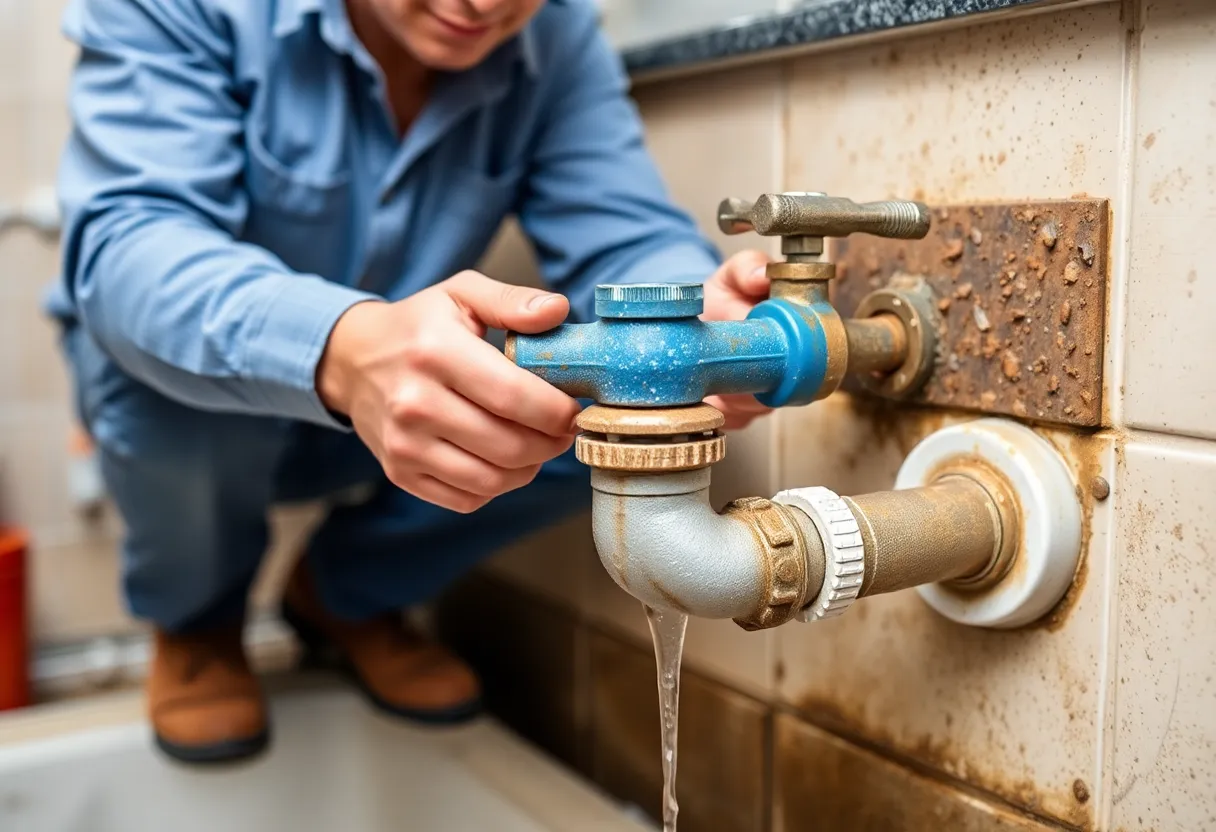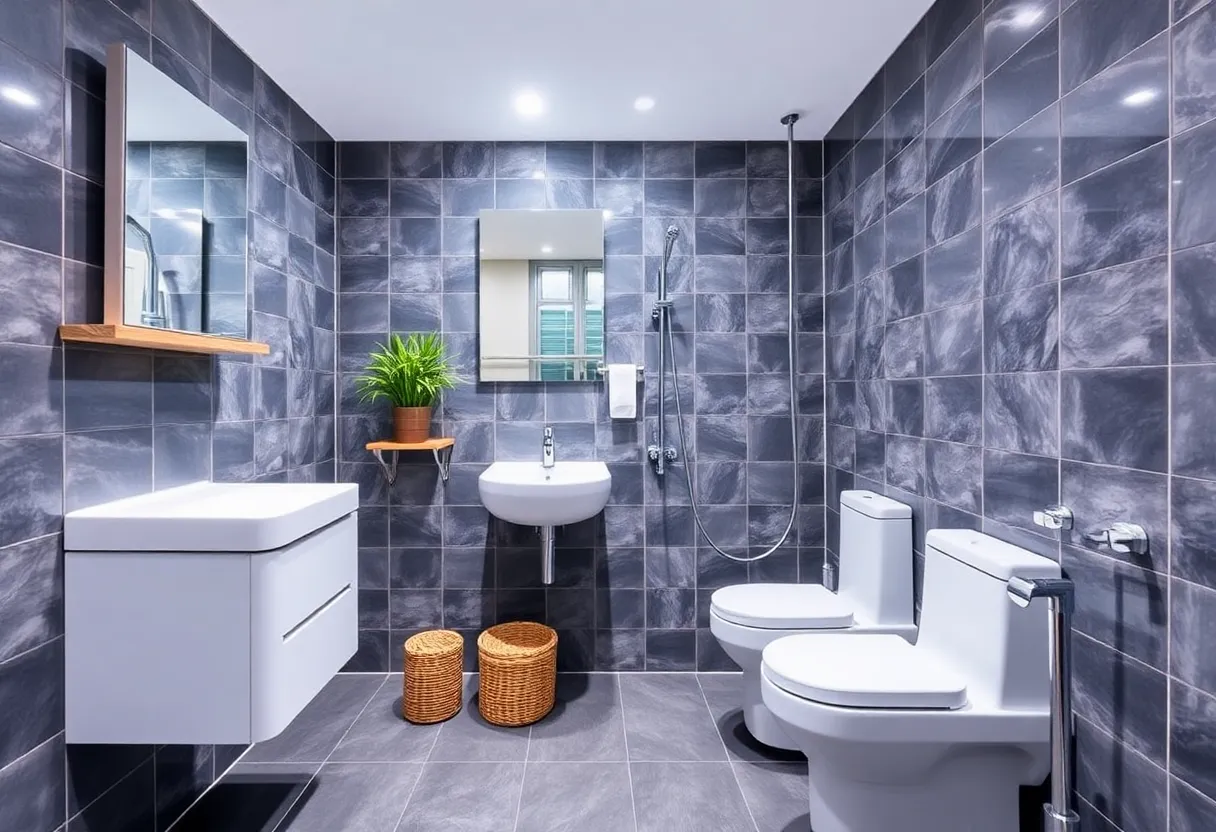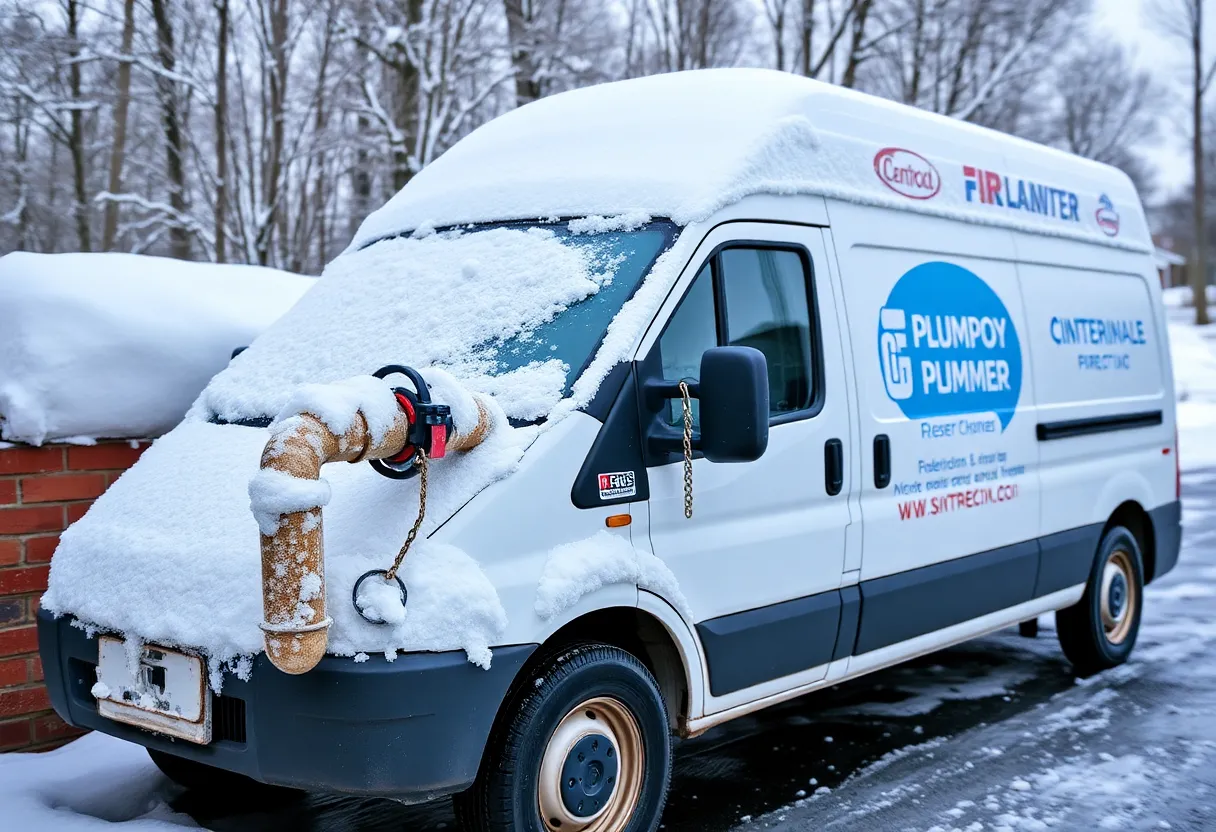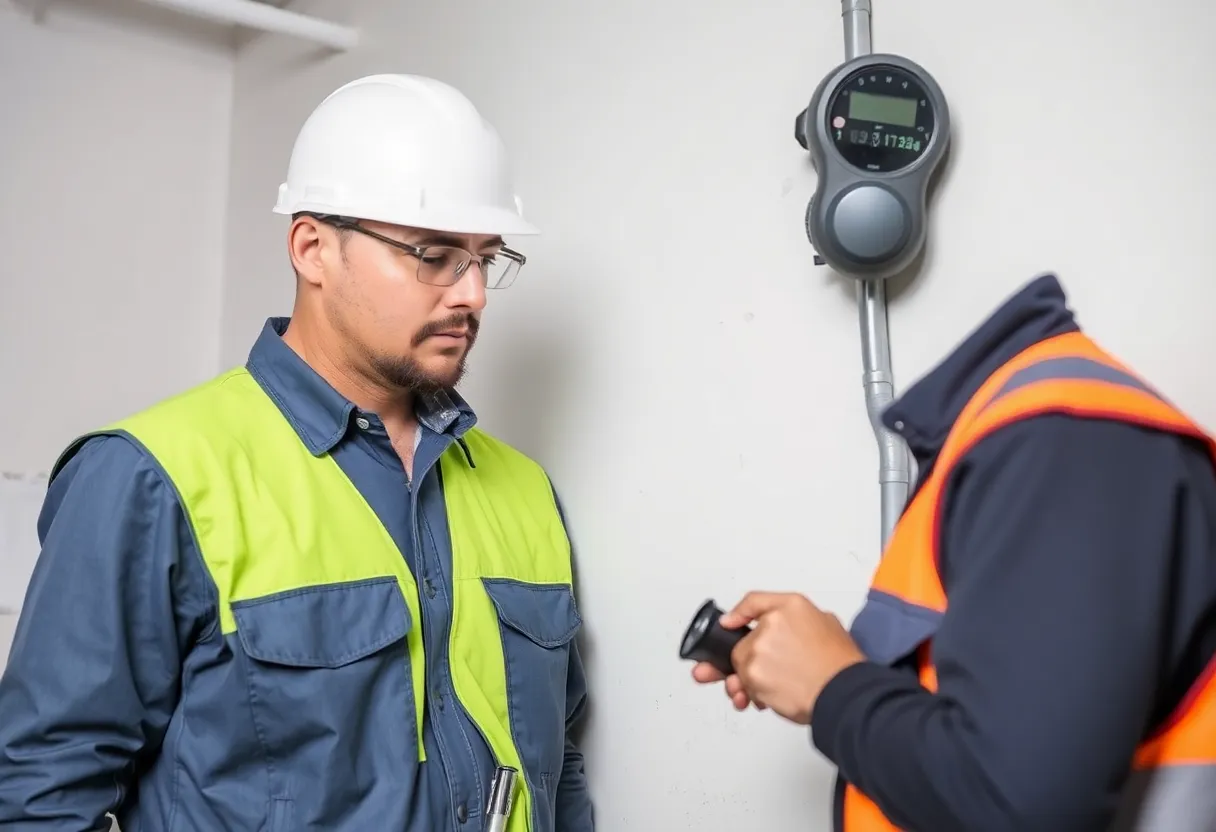The Plumbing Dilemma: 8 Surprising Seasonal Issues That Could Sabotage Your Home’s Water System
As a homeowner, few things can disrupt your daily life quite like plumbing problems. Understanding the common issues that arise with changing seasons can save you time, money, and the headache of unexpected repairs. In this article, we’ll explore _eight surprising seasonal plumbing issues_ that could sabotage your home’s water system and offer insight on how to prevent and address them.
1. Winter Woes: Frozen Pipes
During the winter months, one of the most commonly encountered problems is _frozen pipes_. When water inside the pipes freezes, it expands, which can lead to pipe bursts. This issue primarily affects pipes that run along exterior walls or in unheated areas of your home.
Preventive Measures
- Insulate Pipes: Use pipe insulation sleeves or wrap to protect exposed pipes.
- Keep the Heat On: Maintain a consistent temperature throughout your home, even in seldom-used rooms.
- Drip Faucets: Allow faucets to drip slightly to keep water moving and reduce the risk of freezing.
Signs of Frozen Pipes
If you suspect frozen pipes, look for these warning signs: no water flow from faucets, frost on pipes, or unusual sounds when turning on the water.
2. Spring Showers: Clogged Gutters
As the snow melts and the rainy season begins, clogged gutters can become a significant problem. When gutters overflow, water can seep into your home’s foundation, causing serious damage to both your plumbing and the structural integrity of your house.
Preventive Steps
- Regular Cleaning: Clean your gutters and downspouts at least twice a year, ideally in early spring and late fall.
- Install Gutter Guards: Consider using gutter guards to minimize debris buildup.
Consequences of Neglected Gutters
Ignoring clogged gutters may lead to mold growth, foundation issues, and even attracting pests, which can further complicate water issues in your home.
3. Summer Struggles: High Water Demand
During summer, many households experience a spike in water usage due to watering lawns, filling pools, and outdoor activities. This increased demand can strain your plumbing system, leading to problems like _low water pressure_ or _running out of hot water_.
Mitigation Strategies
- Water Audits: Conduct a water audit to evaluate and reduce water use during peak summer months.
- Upgrade Fixtures: Replace old fixtures with water-efficient models to help reduce demand.
Managing Hot Water Supply
If you face issues with hot water in the summer, consider lowering your water heater’s temperature setting and timing laundry loads for cooler times of the day.
4. Autumn Issues: Leaves and Debris
As autumn leaves fall, they often clog outdoor drains, resulting in pooling water and increasing the risk of basement flooding. Clogged drains can also hinder the functionality of your home’s drainage system.
Preventive Measures
- Frequent Cleaning: Rake leaves promptly to prevent them from entering your drainage systems.
- Regular Inspections: Inspect and clean your outdoor drains regularly, especially after heavy winds or storms.
Identifying Drain Problems
If you notice slow drainage or recurring backups, it may signal a more significant blockage that requires professional intervention.
5. Seasonal Temperature Fluctuations: Pressure Regulator Issues
Temperature changes can affect the pressure regulator in your plumbing system. With fluctuating temperatures, pressure regulators can either fail or become malfunction, leading to inconsistent water pressure throughout your home.
Addressing Pressure Problems
- Check the Pressure: Utilize a pressure gauge to monitor your home’s water pressure regularly.
- Consult a Professional: If you experience drastic changes in water pressure, consult a plumber to inspect your pressure regulator.
Recognizing Symptoms
Common symptoms include regular spikes in pressure and inadequate flow from faucets, which often suggests a faulty regulator.
6. Seasonal Allergies: Plumbing from the Past
For homeowners, seasonal changes can coincide with an influx of allergens, leading to increased demands on your plumbing system’s air quality. Older plumbing systems may contain lead or other harmful materials that can leach into your water sources, posing health risks during allergy season.
Protective Measures
- Test Your Water: Get your water tested for contaminants, especially if you live in an older home.
- Replace Old Pipes: If your home has outdated plumbing materials, consider a complete overhaul.
Understanding Risks
Drinking contaminated water can lead to serious health issues, especially for young children and the elderly. Regular checks and system upgrades can keep your household safe.
7. Humidity and Water Damage
In areas with fluctuating humidity, both high and low levels can cause plumbing issues. High humidity can aggravate mold growth, while low humidity levels can lead to increased evaporation, creating issues in the plumbing system, such as leakage.
How to Mitigate Humidity Problems
- Dehumidifiers: Invest in a home dehumidifier to maintain optimal indoor humidity levels.
- Seal Leaks: Inspect and seal any potential leaks or gaps in windows and doors to control humidity.
Recognizing Water Damage
Signs of water damage include discoloration on walls or ceilings, a musty smell, and visible mold growth. Addressing these signs promptly can save you from costly repairs down the line.
8. Flooding Risks: Heavy Seasonal Rains
Heavy rains can lead to flooding, which poses a severe threat to your home’s plumbing system. Basement flooding can damage electrical systems, ruin stored items, and even bring sewage backups into your living area.
Strategies for Flood Prevention
- Install Sump Pumps: Consider equipping your basement with a sump pump to help manage water accumulation.
- Landscaping Adjustments: Ensure your landscaping directs water away from your home’s foundation.
Recognizing Flood Indicators
Visible water pooling around your foundation, odor of sewage, and persistent damp spots on floors can be signs of potential flooding issues. A proactive approach will help minimize damage.
Conclusion
Seasonal changes can significantly impact your home’s plumbing system, presenting unique challenges for homeowners. By understanding these eight surprising seasonal issues and implementing preventive measures, you can protect your plumbing system from unexpected failures. Regular maintenance, prompt action, and awareness will ensure your water system runs smoothly throughout the year.
Remember, consulting a professional plumber can help address any concerns and are essential for some issues to ensure the longevity and functionality of your plumbing system.









